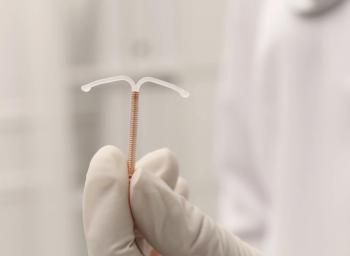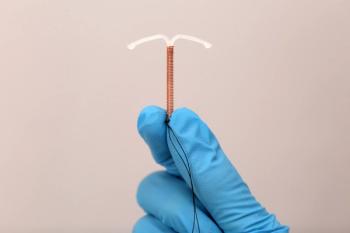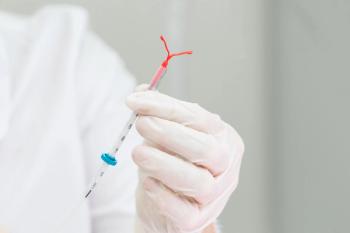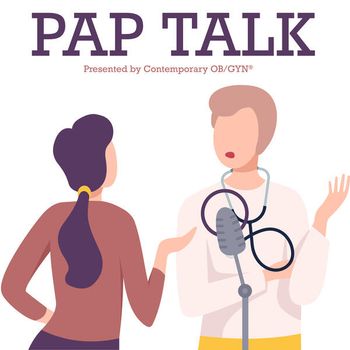
Contraception
Latest News
Latest Videos

Shorts






Podcasts
CME Content
More News

Review some of the top stories from the Contemporary OB/GYN website over the past week and catch up on anything you may have missed.

Researchers have observed a significant rise in tubal ligation rates following the June 2022 Dobbs decision.

Review some of the top stories from the Contemporary OB/GYN website over the past week and catch up on anything you may have missed.

A study found widespread disparities in contraceptive access, adverse effect burdens, and limited male-focused options.

The FDA’s investigational device exemption approval allows FemBloc to enter the final phase of its pivotal trial.

Three-year results from the ACCORd trial show sustained LARC use, higher satisfaction, and fewer unintended pregnancies with physician training.

A study found early medical abortion at home up to 12 weeks’ gestation is as safe and effective as in-hospital care, supporting expanded access.

On October 2, 2025, the FDA approved a generic version of mifepristone to be used in a regimen with misoprostol for abortion.

Study finds immediate postpartum IUD placement increases long-term use but raises expulsion risk compared with delayed insertion.

Review some of the top stories from the Contemporary OB/GYN website over the past week and catch up on anything you may have missed.

A new study reveals that hormonal contraceptives not only regulate reproductive health but also influence emotional reactivity.

Review some of the top stories from the Contemporary OB/GYN website over the past week and catch up on anything you may have missed.

A study found that 11% of intrauterine device removals have complications, with higher rates among Spanish-speaking patients.

A new study finds higher rates of cyanotic congenital heart disease in states with abortion restrictions following the 2022 Supreme Court ruling.

Review some of the top stories from the Contemporary OB/GYN website over the last week, and catch up on anything you may have missed.

The American Academy of Pediatrics urges clinicians to offer confidential, adolescent-centered contraceptive care using evidence-based, equity-informed approaches.

Review some of the top stories from the Contemporary OB/GYN website over the last week, and catch up on anything you may have missed.

A new study reveals that combined oral contraceptive use significantly increases the risk of cryptogenic stroke in women aged 18 to 49 years, highlighting the need for careful risk assessment.

In an abstract featured at the 2025 ACOG ACSM, researchers found that after Dobbs, North Carolina saw more out-of-state abortion patients, longer wait times, and increased racial disparities.

Megan Cohen, MD, MPH, outlines major changes to the CDC’s 2024 contraceptive recommendations, including updated safety classifications, inclusive language, and new guidance for transgender and medically complex patients.

A recent study presented at the 2025 ACOG Annual Clinical and Scientific Meeting found that most TikTok videos on hormonal contraception was misleading.

Shared decision making and individualized strategies are emphasized in the new ACOG consensus.

New research presented at the 2025 ACOG Annual Clinical & Scientific Meeting reveals that mandatory in-person consent and waiting periods in Ohio create significant delays and barriers to abortion access.

New expert guidelines emphasize trauma-informed care and nonpharmacological techniques to reduce pain and improve patient experience during intrauterine device insertion.

A new study reveals significantly increased abortion use among bisexual, lesbian, and mostly heterosexual individuals, underscoring gaps in reproductive health access.



















